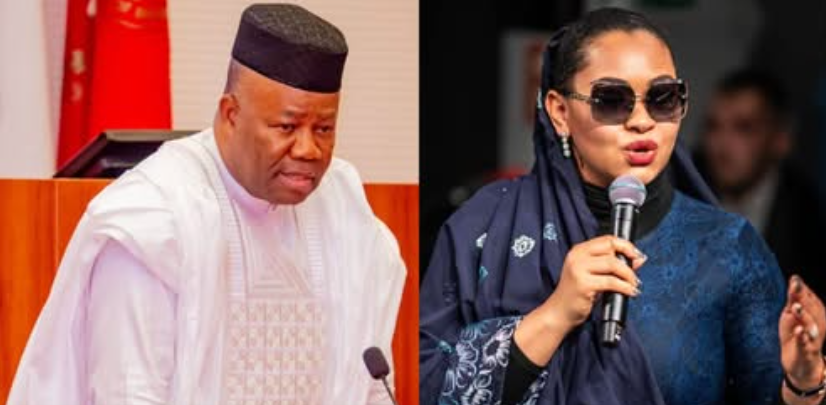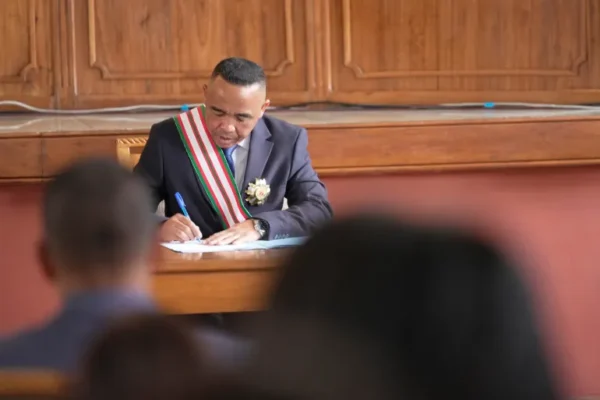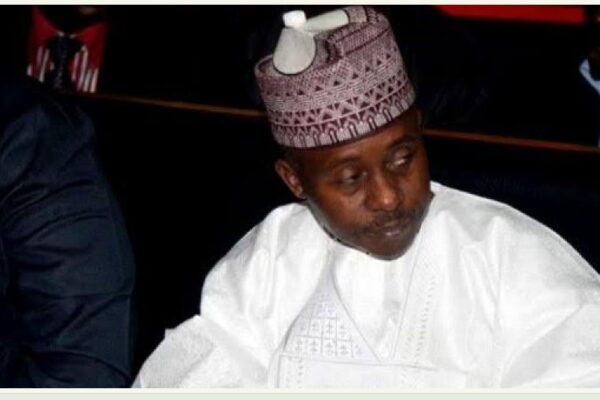Former Nigerian lawmaker Faruk Lawan has revealed that the leader of the New Nigeria Peoples Party (NNPP), Senator Rabi’u Musa Kwankwaso, never reached out to him during his time in prison. Speaking in an interview with BBC Hausa, Lawan expressed disappointment that even a year after regaining his freedom, Kwankwaso still had not contacted him. Lawan, who was recently pardoned by President Bola Ahmed Tinubu on October 9, 2025, following his conviction for corruption offences, stated that although mutual respect remains between him and Kwankwaso, their political paths have now diverged. “Now a whole year has passed, and he hasn’t called to wish me well or to say ‘May God bring you out of this place’ or even to pray for me,” Lawan lamented, describing it as a clear indication of a lack of concern from his former political ally. He clarified that while there is still mutual respect, he no longer aligns politically with the Kwankwasiyya movement. “Between me and Kwankwaso, there is still respect and relationship, but politically, to be sincere, I’m no longer aligning with him and the NNPP,” he said. Explaining his decision to move away from the NNPP, Lawan said he now seeks to operate on a broader, national scale rather than remain within what he described as a party “too small” for his political ambitions. “Even before now, the party I belong to is a national party. I’m not a local politician, and I believe my political reach should be expansive. As it stands now, the NNPP feels too small for me,” he stated. Reflecting on his time in prison, Lawan said the experience gave him clarity about who his true friends were. “Whenever God places you in a trial, He illuminates for you who your allies are and who are not. If you are in such a place, you have a long time to reflect on your relationships,” he said. In contrast, Lawan praised some political figures who stood by him throughout his ordeal. He recalled how former APC National Chairman Umar Ganduje maintained regular contact, often speaking with him for hours and checking on his welfare. “There is not a week that will pass by that he (Ganduje) will not call me for us to talk for an hour, asking me how the situation is, including my lawyer arrangements,” he recounted. He also noted that some members of the National Assembly and a 10-member committee sent by the Speaker of the House of Representatives visited him during his incarceration, offering support that contributed to his eventual release. Describing his presidential pardon as a moment of joy and renewal, Lawan said, “If one faces a trial and God presents a chance for pardon, then one must rejoice. Honestly, my family, my supporters, wherever they are, we all know that the day this happened was a day of joy for all of us.” He expressed gratitude to President Bola Tinubu for granting him the pardon, calling it an act of justice and compassion. “It was also a day we gave thanks to God, for He delivered us, and to thank the President of Nigeria, Bola Tinubu, for doing what was right and deserving of commendation,” he said. Reflecting on his faith and optimism, Lawan concluded that his time in prison strengthened his spirit and outlook on life. “This made it so that even before leaving prison, my mind was at ease, and I was convinced that wherever I would go, I would find people to interact with. If they could survive there, I saw no reason why I couldn’t survive outside,” he said.






